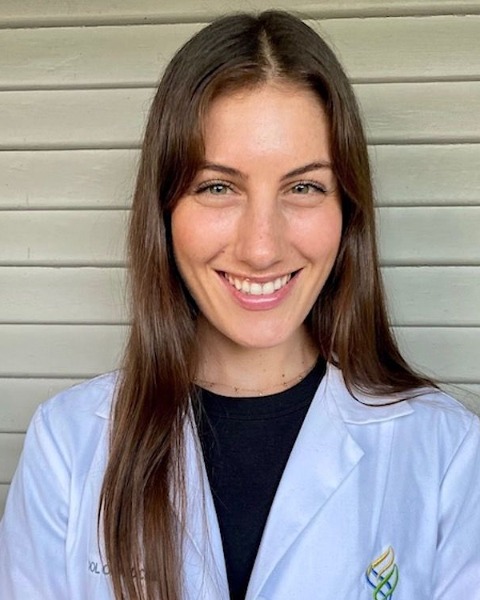Health Equity/Social Determinants of Health
Health Equity/Social Determinants of Health 4
429 - Characterization of a Medical-Legal Partnership Program in a Neonatal Intensive Care Unit
Saturday, April 29, 2023
3:30 PM - 6:00 PM ET
Poster Number: 429
Publication Number: 429.219
Publication Number: 429.219
Ava Mandelbaum, Oregon Health & Science University School of Medicine, Portland, OR, United States; Nikita Farhaj, Oregon Health & Science University School of Medicine, Portland, OR, United States; Browning Haynes, Oregon Health & Science University School of Medicine, Portland, OR, United States; Georgia M. Morrison, Oregon Health and Science University, Portland, OR, United States; Lauren Mutrie, Doernbecher Children's Hospital at Oregon Health & Science University, Lake Oswego, OR, United States; Susanne Klawetter, Portland State University, Portland, OR, United States; Ladawna gievers, Oregon Health and Science University, Portland, OR, United States

Ava Mandelbaum (she/her/hers)
Medical Student
Oregon Health & Science University School of Medicine
Portland, Oregon, United States
Presenting Author(s)
Background: Medical-legal partnerships (MLPs) are innovative collaborations between health and legal professionals that aim to alleviate health-harming legal problems and advance health equity. In 2020, Doernbecher Children’s Hospital (DCH) launched the nation’s first MLP within a neonatal intensive care unit (NICU) and Fetal Therapy Program to address social determinants of health among the youngest and highest-risk patients.
Objective: This study aimed to characterize the demographics and legal needs of the population served in a NICU-specific MLP.
Design/Methods: This is a retrospective study of all MLP-assisted families in the NICU at an academic medical center between October 2020 and December 2022. Sociodemographic and clinical variables were collected from the electronic medical record to characterize the population. Variables included race/ethnicity, insurance type, primary language, gestational age at birth, length of stay, number of ED visits, and readmissions. Legal issues were identified with universal screening tools and face-to-face conversations between family and clinical staff. Descriptive statistics were used to characterize the client population and legal issues using the iHELP framework. Unpaired t-tests were used to evaluate differences in post-discharge healthcare utilization.
Results: Since the introduction of the NICU-specific program, 65 families have been referred for MLP services. Most families identified as White (80%) and non-Hispanic (69.2%), had public insurance (93.8%) and spoke English as their primary language (86.2%). The average gestational age at birth was 33.5 weeks with a mean length of stay of 62.2 days. The greatest proportion of cases involved family law issues (52.3%), followed by income/insurance/benefit issues (44.6%), legal status (23.1%), housing/utility challenges (20.0%), and education/employment (18.5%) needs. 44.6% of families received assistance with multiple legal issues. 20% of identified families did not meet with the MLP due to a loss to follow-up or withdrawal from the program. Healthcare utilization rates (ED visits and readmissions) 6 months post-discharge did not differ by whether they received legal advice or had multiple legal issues (p >0.05).
Conclusion(s): MLPs are uniquely positioned to address the social and legal determinants of health that impact the well-being of families in the NICU. A variety of treatable legal needs were identified in the NICU, with family law as the most prevalent. This work highlights the opportunity for MLP to improve long-term individual and population health and social outcomes for this community.
